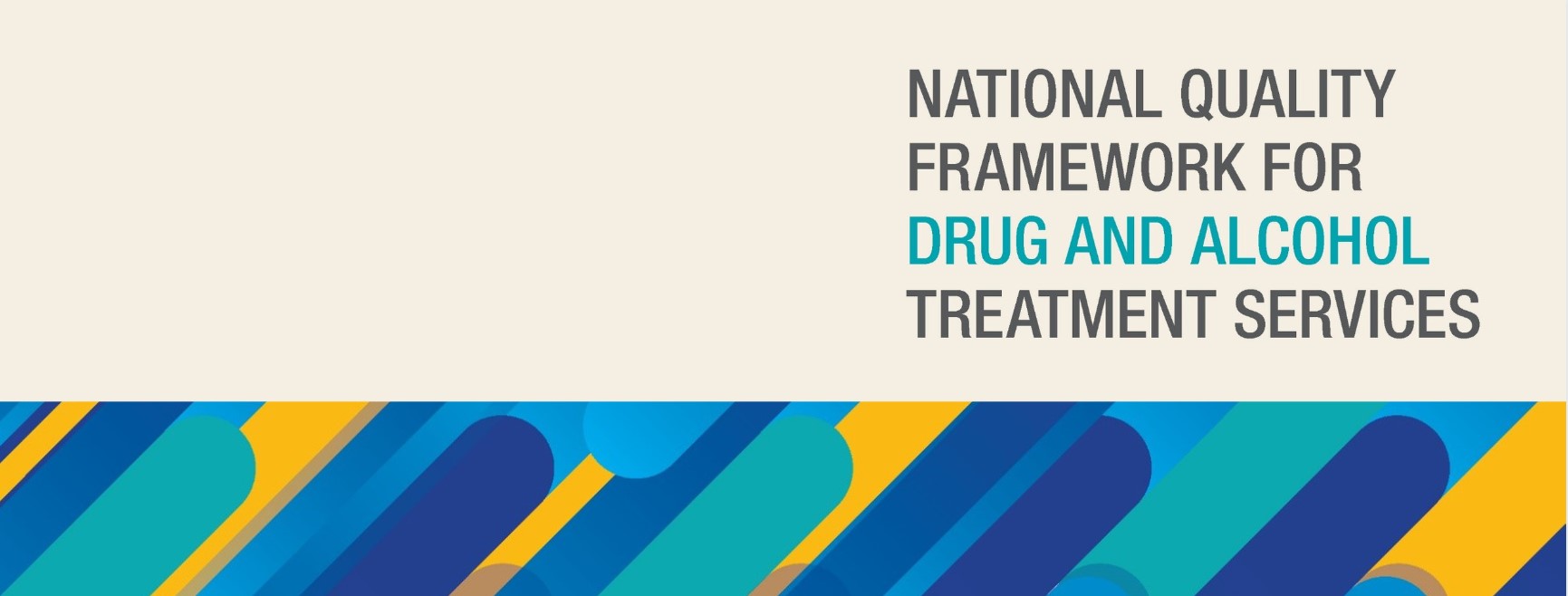Advance care planning is a process of planning for future health and personal care, which enables a person to set out their values, beliefs and preferences.
The Royal Commission into Aged Care Quality and Safety identified the making and updating of advance care plans as a priority issue in reforms to aged care. The Commission found that providers should be required to assist people receiving care to make and update an advance care plan, if they wished to, and to ensure that these plans are followed. The Commission also recommended that residential aged care providers should be required to provide any advance care directives to paramedics, if a resident is being transferred to hospital via ambulance.
In its response, the Government indicated that periodic reviews of the Aged Care Quality Standards would include consideration of priority issues, including advance care planning. The Government also committed to additional funding to improve transitions of aged care residents between aged care and health care systems.
With this indication that regulations around advance care planning may be strengthened in the future, providers can demonstrate best practice by developing robust policies and processes for advance care planning.
Advance care planning and the Aged Care Quality Standards
Advance care planning does already feature in the Aged Care Quality Standards (ACQS), Standard 2 – Ongoing assessment and planning with consumers.
Standard 2(3)(b) of the ACQS requires that “Assessment and planning identifies and addresses the consumer’s current needs, goals and preferences, including advance care planning and end of life planning if the consumer wishes.”
The Guidance and Resources for Providers to support the Aged Care Quality Standards document also lists the following examples of evidence for organisations to demonstrate implementation of Standard 2:
Consumers:
- Consumers have access to advance care planning and end-of-life planning.
- If a consumer chooses to complete an advance care directive, it is done while they still have decision-making capacity.
Workforce
- The workforce can describe advance care planning and advance care directives.
- Evidence that advance care directive documentation informs end-of-life care and decisions.
- Evidence of how the organisation makes sure the workforce has undertaken advance care planning training and has a policy to inform advance care directive documentation.
- Advance care directive documentation should be accurate, up-to-date, complete, shared and stored with relevant care and service providers.
Providers should familiarise themselves with Standard 2 of the ACQS, as evidence of policies and procedures relating to advance care planning may be a key area of focus for assessors conducting an audit of your service. For example, within the Home Services sector, non-compliance with Standard 2(3)(b) was the second highest “top 10” non-compliance noted in the ACQSC’s October-December 2020 Sector Performance Report.
Facilitating advance care planning
Aged care providers play an important role in facilitating advance care planning. Providers can help improve the uptake of advance care planning by older Australians by informing care recipients about aged care plans and encouraging them to make one.
Community and residential aged care providers should implement the following steps:
- Upon a care recipient’s assessment, receipt of aged care services, or admission to residential care, identify and record details of any existing documents and substitute decision-makers in their health record.
- If the person does have documentation, make sure to determine whether it’s an Advance Care Directive or advance care plan, and whether a substitute decision-maker has been legally appointed.
- Provide care recipients and families with straightforward information about advance care planning.
- Discuss advance care planning and how it relates to the care recipient’s health issues, condition and treatment options.
- Involve the person’s general practitioner in discussions where possible and appropriate.
- Encourage the person’s participation in advance care planning if they have capacity and don’t have existing documentation. It is a voluntary process.
- If the person has decision-making capacity, use an advance care directive. Support the person and their family to document their plan.
- Encourage the person’s substitute decision-maker to know and understand the person preferences. If the person no longer has decision-making capacity, the substitute decision-maker could document an advance care plan to inform care.
- Check any draft documents and help to clarify wording or intentions.
Record-keeping and implementation
Whilst it is important that an advance care plan is made, it is just as important that a provider has strong record-keeping and information handling processes in place, to ensure that a person’s wishes can be carried out. For an advance care plan to be effective, it must be known and accessible.
Providers are advised to implement the following processes:
- Record any discussions about advance care planning and ensure others can access this information if needed.
- Store copies of advance care planning documents in the person’s health records so they are accessible when needed.
- Appropriately share and transfer the person’s advance care planning documents with their substitute decision-maker, hospital, specialists, in-reach services, Locum and ambulance services.
- Ensure that documents are readily available to inform care decisions, if the person is not able to make their own decisions.
- Encourage review of documents for those with decision-making capacity. This should occur where the person’s needs, goals or preferences change, and after any transition between services.
- Use the person’s advance care planning documents to inform care decisions, including when the person’s condition deteriorates
- Engage with community palliative care and residential in-reach/out-reach services to ensure care recipients have access to the care they need in their preferred place.
The steps above should be embedded in organisational policies and procedures, to ensure consistent care outcomes.
It is important to note that legislation and documentation for advance care planning varies across states and territories in Australia.
For more information on the advance care planning process, and the relevant documentation in your state or territory, you can access our advance care planning information sheet and policy template, in the SPP Reading Room.
You may also like to look at the resources provided by Advance Care Planning Australia, including the online learning modules that are available at no cost on their learning site. And ELDAC also provides a range of helpful resources and toolkits.
Access advance care planning resources on SPP
Sign up for a free trial now to access resources and self-assessments to help you meet the Aged Care Quality Standards.








